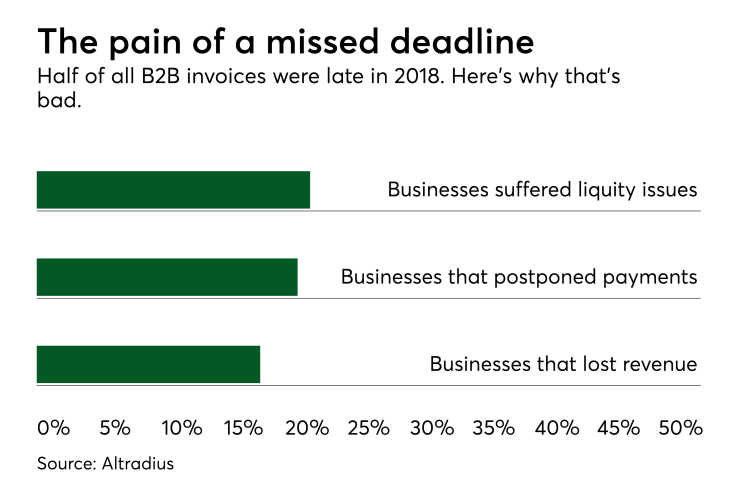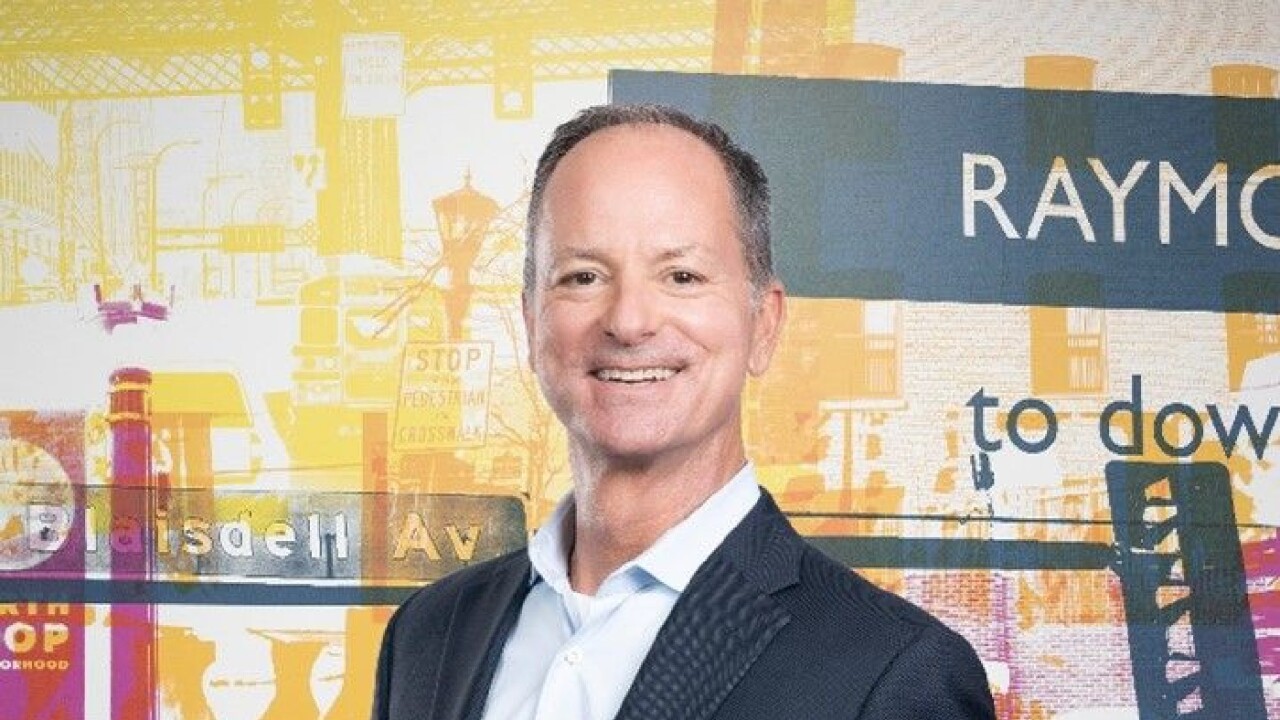Mainstream payment companies are quickly siding with fintechs to dilute the weight of paper on accounts payable and supply chains. American Express is pushing change by making it less of an ordeal.
Much has been made about businesses clinging to paper to manage accounts payable and B2B transactions, why that problem exists and how it can be solved. About half of all business payments are done with checks, even though that clearly
“When it comes to automation challenges, it’s simply getting finance departments comfortable switching over to something new and trusting the technology,” said Pablo Ribas, senior vice president and general manager for the U.S. middle market at American Express Global commercial payments, during an interview in which he discussed a series of collaborations to bring more technology, speed and transparency to accounts payable and supply chains. “That’s why we designed our solutions to be implemented into existing accounting systems.”

Amex’s most recent collaboration is with WEX, which serves the markets for fleet cards, health care and other technology. WEX’s accounts payable technology, called Synaptic, will work directly with business’ accounting systems, a hookup that just went live. This is designed to support single and multi-use virtual corporate cards directly within Synaptic, reducing the amount of migration work and user experience change. It also provides a path to use
“We know businesses want to eliminate inefficiencies, and this new solution reduces the time it takes to pay suppliers,” Ribas said.
The biggest remaining issue for accounts payable departments that holds back automation is reconciliation, according to Enrico Camerinelli, a senior analyst at Aite Group, adding most of the manual work involves matching an invoice with the purchase order to check that the amount to be paid corresponds to the original agreement.
By offering a card-based solution, Amex is supplying what amounts to a “virtual” purchase order.
“So when the supplier sends the invoice, the buyer’s AP department immediately and automatically checks the correspondence with the payment,” Camerinelli said. “Some discrepancies will have to inevitably be processed manually, especially when dealing with credit or debit notes. But most of the manual hassle is removed."
Other
The expansion of e-commerce places a stress on inventory management, while gig economy payments change payroll practices. These trends threaten the relevance of companies that still rely on legacy systems to manage supplier relationships.
For Amex, a lot of this change lays at the feet of professionals who handle accounting and accounts, because they are on the front lines and often have to change the way in which they manage payments.
“It’s worthwhile to first look at common challenges facing accounts payable departments at companies, since these are the people benefiting from the automation processes," Ribas said. He said these challenges commonly include the speed and cost of payment, excessive administrative paperwork; lack of data insights; and dependence on back-end manual systems potentially leading to mistakes and reconciliation issues.
Before WEX, Amex entered a series of other collaborations in business payments. Like the WEX integration, Amex's partnership with RegalPay is designed to reduce the amount of of work to link to a business’ accounts payable system and can support virtual cards. Other partners include Sage Intacct, which automates checks, ACH and credit card payments. Sage Intacct has access to a cloud that is designed to reduce workflow and processing errors. And a partnership with MineralTree provides automated invoice data capture and approval workflows.
These partnerships additionally can improve support for international sourcing and the payment challenges that come from working in different jurisdictions. Lots of companies are also pursuing international business payments, including blockchain companies such as
Countries have disparate payment solutions based on local needs, and creates different levels of automation, Ribas said. “We take advantage of our global reach and adopt innovations from one market to another, being able to offer our customers solutions built with global learnings in mind.”





